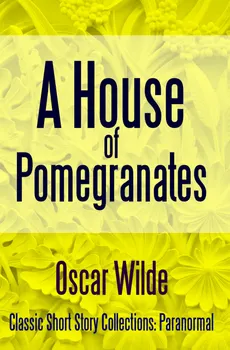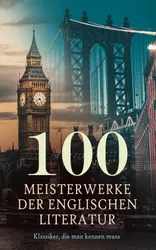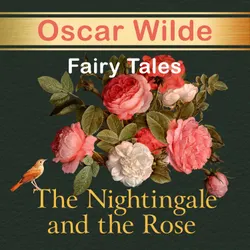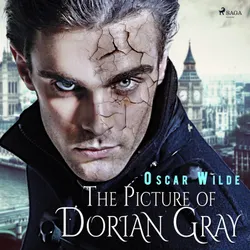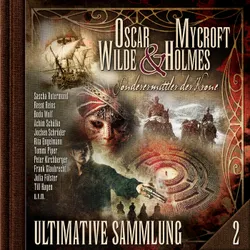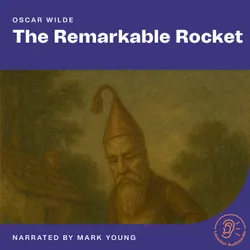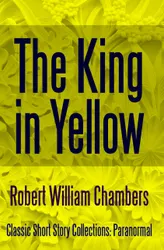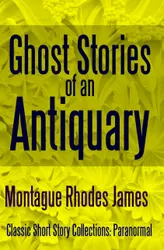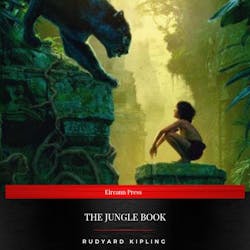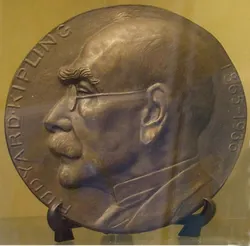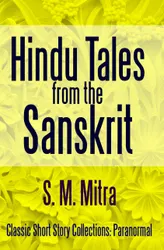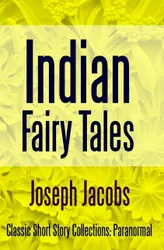A House of Pomegranates is a collection of fairy tales, written by Oscar Wilde, that was published in 1891 as a second collection for The Happy Prince and Other Tales (1888). Wilde once said that this collection was "intended neither for the British child nor the British public."
The stories included in this collection are as follows:
The Young King
The Birthday of the Infanta
The Fisherman and his Soul
The Star-Child
THE YOUNG KING (excerpt)
It was the night before the day fixed for his
coronation, and the young King was sitting alone in his beautiful
chamber. His courtiers had all taken their leave of him, bowing
their heads to the ground, according to the ceremonious usage of the
day, and had retired to the Great Hall of the Palace, to receive a
few last lessons from the Professor of Etiquette; there being some of
them who had still quite natural manners, which in a courtier is, I
need hardly say, a very grave offence.
The lad - for he was only a lad, being but sixteen
years of age - was not sorry at their departure, and had flung
himself back with a deep sigh of relief on the soft cushions of his
embroidered couch, lying there, wild-eyed and open-mouthed, like a
brown woodland Faun, or some young animal of the forest newly snared
by the hunters.
And, indeed, it was the hunters who had found him,
coming upon him almost by chance as, bare-limbed and pipe in hand, he
was following the flock of the poor goatherd who had brought him up,
and whose son he had always fancied himself to be. The child of
the old King’s only daughter by a secret marriage with one much
beneath her in station - a stranger, some said, who, by the wonderful
magic of his lute-playing, had made the young Princess love him;
while others spoke of an artist from Rimini, to whom the Princess had
shown much, perhaps too much honour, and who had suddenly disappeared
from the city, leaving his work in the Cathedral unfinished - he had
been, when but a week old, stolen away from his mother’s side, as
she slept, and given into the charge of a common peasant and his
wife, who were without children of their own, and lived in a remote
part of the forest, more than a day’s ride from the town.
Grief, or the plague, as the court physician stated, or, as some
suggested, a swift Italian poison administered in a cup of spiced
wine, slew, within an hour of her wakening, the white girl who had
given him birth, and as the trusty messenger who bare the child
across his saddle-bow stooped from his weary horse and knocked at the
rude door of the goatherd’s hut, the body of the Princess was being
lowered into an open grave that had been dug in a deserted
churchyard, beyond the city gates, a grave where it was said that
another body was also lying, that of a young man of marvellous and
foreign beauty, whose hands were tied behind him with a knotted cord,
and whose breast was stabbed with many red wounds...
Oscar Fingal O'Flahertie Wills Wilde (16 October 1854 – 30
November 1900) was an Irish playwright, novelist, essayist, and poet.
After writing in different forms throughout the 1880s, he became one of
London's most popular playwrights in the early 1890s. He is remembered
for his epigrams, his novel The Picture of Dorian Gray, his plays, as well as the circumstances of his imprisonment and early death.
Wilde's parents were successful Anglo-Irish, Dublin intellectuals. Their son became fluent in French and German early in life. At university, Wilde read Greats; he proved himself to be an outstanding classicist, first at Dublin, then at Oxford. He became known for his involvement in the rising philosophy of aestheticism, led by two of his tutors, Walter Pater and John Ruskin. After university, Wilde moved to London into fashionable cultural and social circles.
As a spokesman for aestheticism, he tried his hand at various
literary activities: he published a book of poems, lectured in the
United States and Canada on the new "English Renaissance in Art", and
then returned to London where he worked prolifically as a journalist.
Known for his biting wit, flamboyant dress and glittering conversation,
Wilde became one of the best-known personalities of his day.
At the turn of the 1890s, he refined his ideas about the supremacy of
art in a series of dialogues and essays, and incorporated themes of
decadence, duplicity, and beauty into his only novel, The Picture of Dorian Gray
(1890). The opportunity to construct aesthetic details precisely, and
combine them with larger social themes, drew Wilde to write drama. He
wrote Salome
(1891) in French in Paris but it was refused a licence for England due
to the absolute prohibition of Biblical subjects on the English stage.
Unperturbed, Wilde produced four society comedies in the early 1890s,
which made him one of the most successful playwrights of late Victorian
London.
